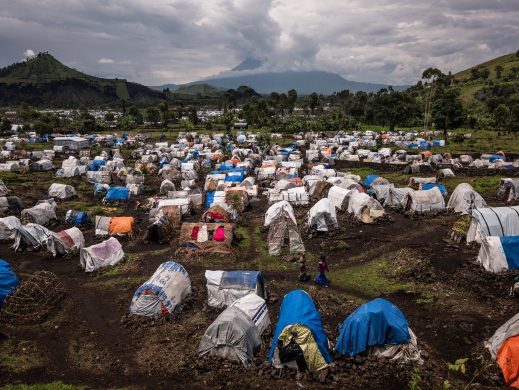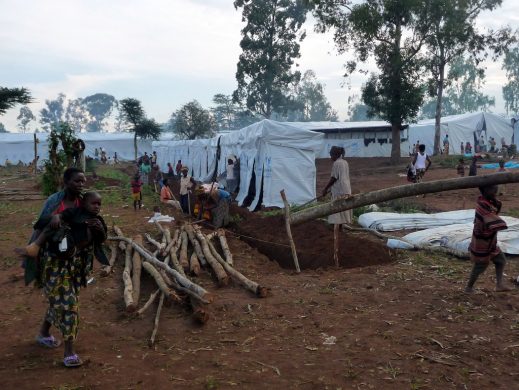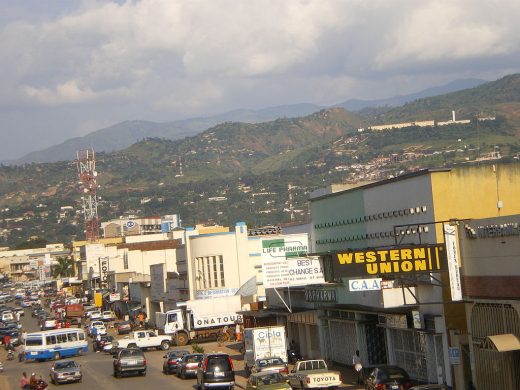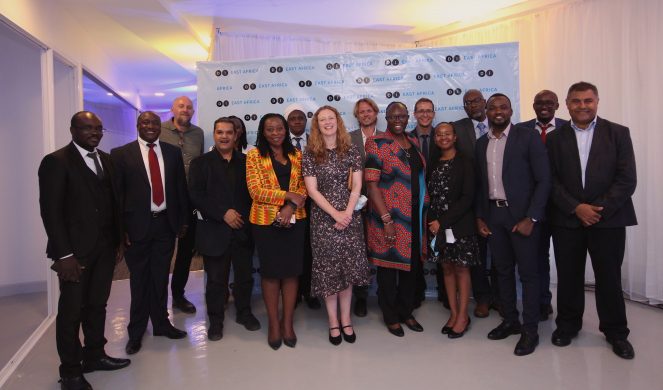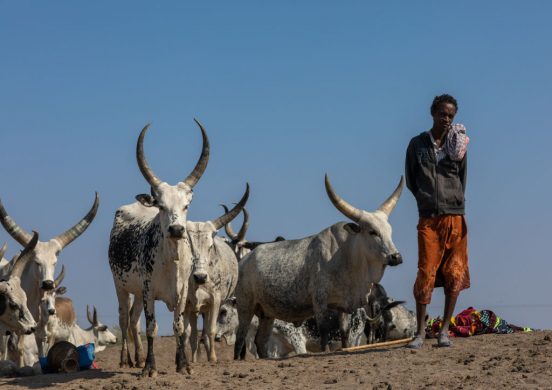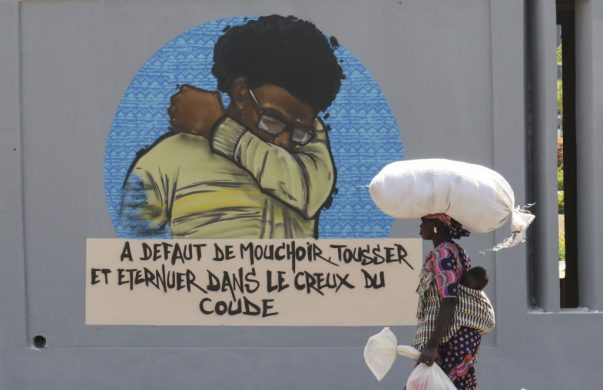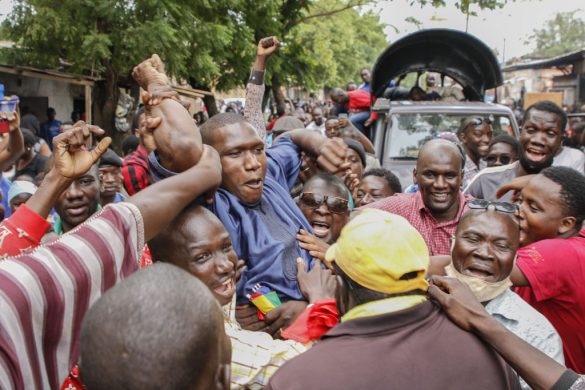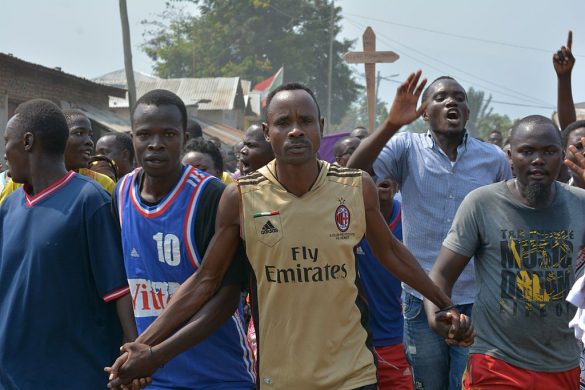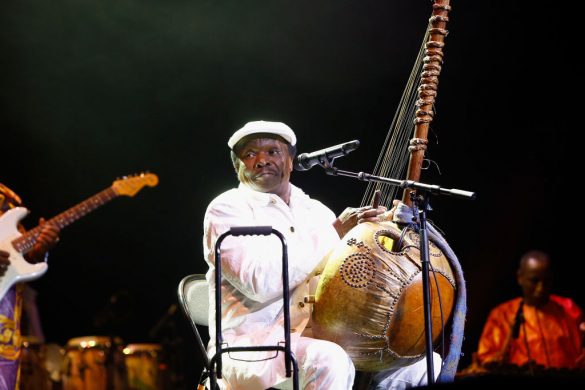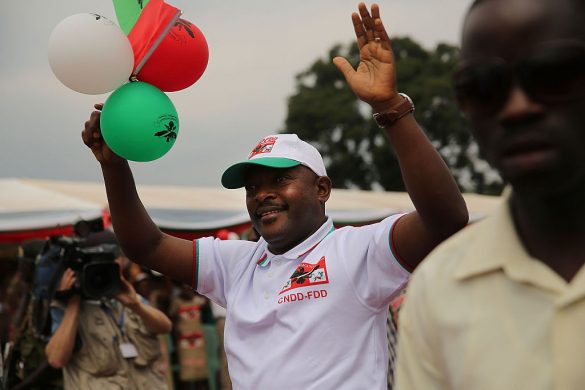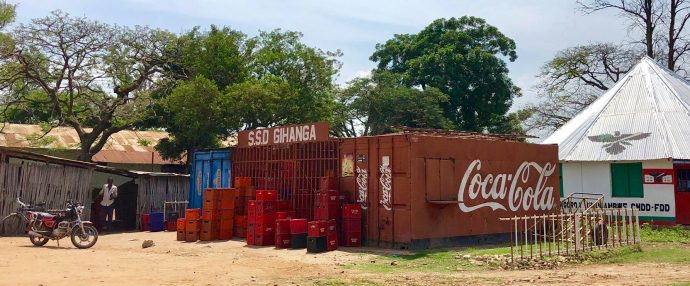The international community must put more pressure on the government of Burundi so that the peace talks in Tanzania, mediated by the African Union (AU), can be resumed, writes the German-based Society for Threatened Peoples (STP) in a press release.
“The boycott of the internationally-mediated dialogue with the opposition movements will throw the country into an even deeper crisis. The internal dialogue, which the government of Burundi favors, is no credible alternative, but a farce”, said Ulrich Delius, the STP’s Africa-expert, in Göttingen.
“For quite a while now, it has been impossible to speak freely and express criticism in Burundi without having to fear arrest or assassination,” noted Mr. Delius.
Burundi’s government had announced not to take part in the negotiations between the opposition movements and the government that were planned to take place in Arusha (Tanzania) – without suggesting a new date.
The talks were supposed to bring about a political solution to the ongoing political crisis, which has cost more than 400 lives since April 2015.
“The boycott of the peace talks is a major setback for the AU’s mediation efforts. The African governments and the UN Security Council must now make it absolutely clear that there is no alternative to peace talks for which the warring parties meet in other countries,” said Mr. Delius.
“Ingen intern dialog med en riffel mod hovedet”
Burundi’s government is trying to follow through with an internal multi-stage dialogue.
"But the dialogue must be credible, and the external conditions have to be suitable to ensure that every party can express its concerns freely and without fear of reprisal,” said Mr. Delius, adding:
“There is no point in a dialogue at gunpoint. Further, many important dissidents were already forced to leave the country for fear of their lives – so who should Burundi’s government talk to in its own country?”
Dissidents are persecuted and silenced. Thus, more than 100 journalists had to seek refuge abroad in the past two years.
13 leading human rights organizations in the country were closed by order of the authorities since November 2015, and employees of these organizations had to go and find protection in neighboring countries to escape arrest or assassination.
Hundreds have died in Burundi since the president announced he would be running for a third term last year.
But evidence is emerging that many of those who died were unarmed, and that they were shot several hours after a rebel attack.
The most deadly attack since the crisis began happened in December, when armed insurgents stormed three army barracks.
The government says 87 of them were killed.
Vide mere om Burundi?
Se https://en.wikipedia.org/wiki/Burundi


